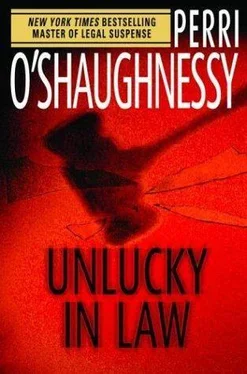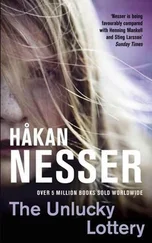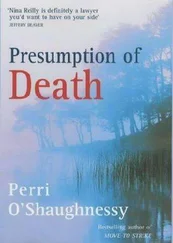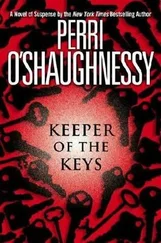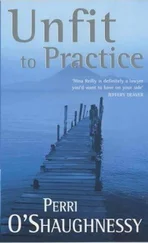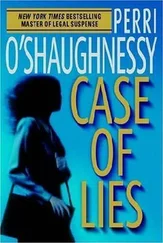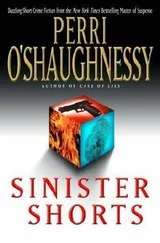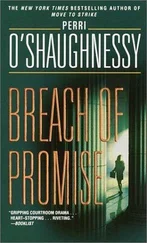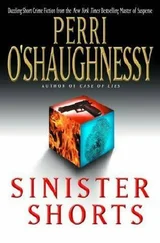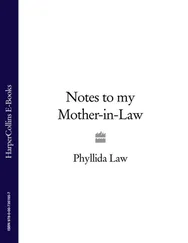Then Susan pressed her body to his, and she had her own loveliness, her own ways. He could give her everything she needed and take from her all he needed.
He kissed every inch of her, caressing her body until she moaned, murmuring “please,” and “more,” and when he finally let her have relief, the pleasure was so intense they both cried out. The old bugaboo, loneliness, skulked out the balcony doors to blow away on the wind, while they held each other that whole long, life-changing night.
Sunday 9/28
SUNDAY. SUSAN HAD SLIPPED OUT EARLY. NEITHER OF THEM HAD wanted to talk. Paul showered, ate three fried eggs and most of a package of bacon, and drove to his office.
He worked hard that Sunday morning, not in any hurry to think about the extraordinary shift in the universe that had occurred. One minute Susan wasn’t there, and then she was. Should he keep her secret? He sure didn’t feel like talking about her, or trying to define things for anyone.
He decided that until he had sorted things out, he didn’t have to say anything. He would see Susan now and then. He wasn’t really engaged. He wasn’t married. He didn’t even live with anybody. He had no commitment. With Susan, he felt like his old self, in control, central. He also felt-vivid, yeah, vivid, like he had brightened up, been given a shot of pure life.
He wasn’t going to think about Nina right now, except as his employer. She remained the Boss, around whom the schedule revolved. He got on the phone.
Phone company employees weren’t paid enough to secure their honor along with their daily toil, Paul concluded, having successfully bribed one who had put up no more than token protest. Old records? Price tag: fifty dollars. Several old records? Double that. The hardest part had been figuring out who to direct the money toward. About eleven, the e-mail came with the phone messages as a Word attachment.
He had to laugh. Dean Trumbo could have done the same thing many months before. The connection Nina had been looking for was right there in the April statement. Paul made meticulous logs on his computer. One could say he was playing at the serious professional, making sure his documentation was both accurate and thorough. Or one might assert that he was not ready yet to call Nina with the information, because the thought of calling Nina made his face twitch. And because he didn’t want her theory of the case to be correct.
He went downstairs to the parking lot in back, got in the Mustang, and drove down Highway 1 to Carmel Highlands. Paul parked on Fern Canyon Road across the street from Alex Zhukovsky’s house and called him.
Nina would say, See if you can get a confirmation. “I’m just looking at a few notes and wanted to check to make sure I’m not going astray here,” he said when Zhukovsky answered his phone.
“Listen,” Zhukovsky said, “the only thing I care about at the moment is that my father’s remains are still floating around somewhere. I told you people I’d be speaking to counsel. I meant it. You’ll be hearing from us.”
“But we no longer have them,” Paul said, not being true to the letter of truth, since they still had bits of them, but doing the spirit thing. “I thought Ms. Reilly called you. They were stolen from our lab.”
“She didn’t tell me that. She did call me about Father Giorgi, though. I appreciated that.”
“Yeah, well, it happened on Thursday night. Our pathologist was assaulted and robbed.” He didn’t expect sympathy from Zhukovsky and he didn’t get it.
“Robbed?” Zhukovsky said. “Of my father’s bones?” The word “scandalized” didn’t do justice to his already savage-sounding mood. “What are you talking about? Someone broke into your expert’s lab and took my father’s bones?”
“Right.”
“Who?”
“The Sacramento police are looking into it,” Paul said, glad to have fall guys in case Zhukovsky needed to lodge formal complaints or something. “But I know who did it.” He watched through a massive plate-glass window in the redwood house that probably had a superior view of the ocean and saw the professor pace to the window, holding the phone to his ear. He seemed to be wearing an old bathrobe.
“What’s your idea?”
“Sergey Krilov. That guy you keep telling me you don’t know.”
Over the phone, you could not really hear a silence the way you could hear it in real life, but Paul felt certain that this time he knew what he was hearing in Zhukovsky’s quick, and quickly arrested, intake of air. “You do know him, Professor. I wish you’d stop lying about it.”
“No.”
“You know him. He’s been following you. He hurt Father Giorgi because of you.”
“Don’t blame me for that.”
“How is he connected to you? Why is he after your father’s bones?”
Zhukovsky didn’t hem or haw. He merely held his place on the phone, each breath as carefully calibrated as a ventilator. He seemed to be pulling himself together, and he had decided to keep quiet while he was at it.
“Okay,” Paul said, “you’re a bystander. You don’t have a clue who would kill your sister.”
“Stefan Wyatt killed my sister. The police found his blood. My sister knew him.”
“Well, if he did kill her, it was after a long talk with you. I happen to have here a record of your calls during the month of April.”
“I’m sure your method of obtaining such a thing was illegal,” came back the restored busy, brisk voice of academia. “I have a right to privacy.”
“You called Stefan Wyatt.”
“Never.”
What pseudo self-assurance! But he was forgetting computers knew all, and sometimes people found out a few things, too. “You called him twice, and one of the calls was on the day after your sister died. The phone company says so, and what they say goes. Anyone who ever tried to dispute a monthly bill agrees with me, by the way.” When the professor didn’t say anything, Paul added, “It’s a toll call, you know, Carmel Highlands to Monterey. Only a few miles. Doesn’t seem right, but that’s American business for you. They’ll stone you and then they’ll say ‘good luck.’”
“It’s a mistake,” Zhukovsky now said in a sagging-shoulders sort of way.
“Thirty-two minutes on this statement say otherwise. You hired Mr. Wyatt, and you’ve never admitted it. Well, now we have proof.” Paul almost felt sorry for him. Four months had gone by without the defense doing anything. Zhukovsky must find all this last-minute fact-finding most unfair. Besides, Paul didn’t think Zhukovsky had the guts to kill his sister. He wanted the killer to be Sergey Krilov.
“Others besides me have access to this phone.”
“Like who?”
“Anyone who has been into my home.”
“The chimney sweep didn’t call from your home, because Wyatt doesn’t have a fireplace,” Paul said. “We can pretty much check him off the list. Who else might call?”
“I have no idea.”
Paul let out an aggravated sigh. He got out of the car and walked to the foot of Zhukovsky’s stairway, still holding the phone. “Tell me where Krilov is, and all is forgiven, even your protecting the asshole who really did kill your sister.”
“Don’t say that. Don’t-ever-say that.”
Paul mounted the stairs and rang the doorbell. Zhukovsky flung it open, glasses askew, robe open enough to exhibit a sable farm’s worth of hair on his chest, long feet bare, mouth open in amazement. Paul handed him the subpoena. “Avon calling,” he said.
After this phone call and meeting, which Paul felt ended on a fairly bitter note, he drove back to Carmel and began another search on his computer. He plugged into the main Monterey County sites, then some genealogical sites like Family Tree Finder and ancestor. com, and pulled up a few city records. After a good two hours of false leads and endless list-browsing, he came upon a good source for the information he was seeking.
Читать дальше
